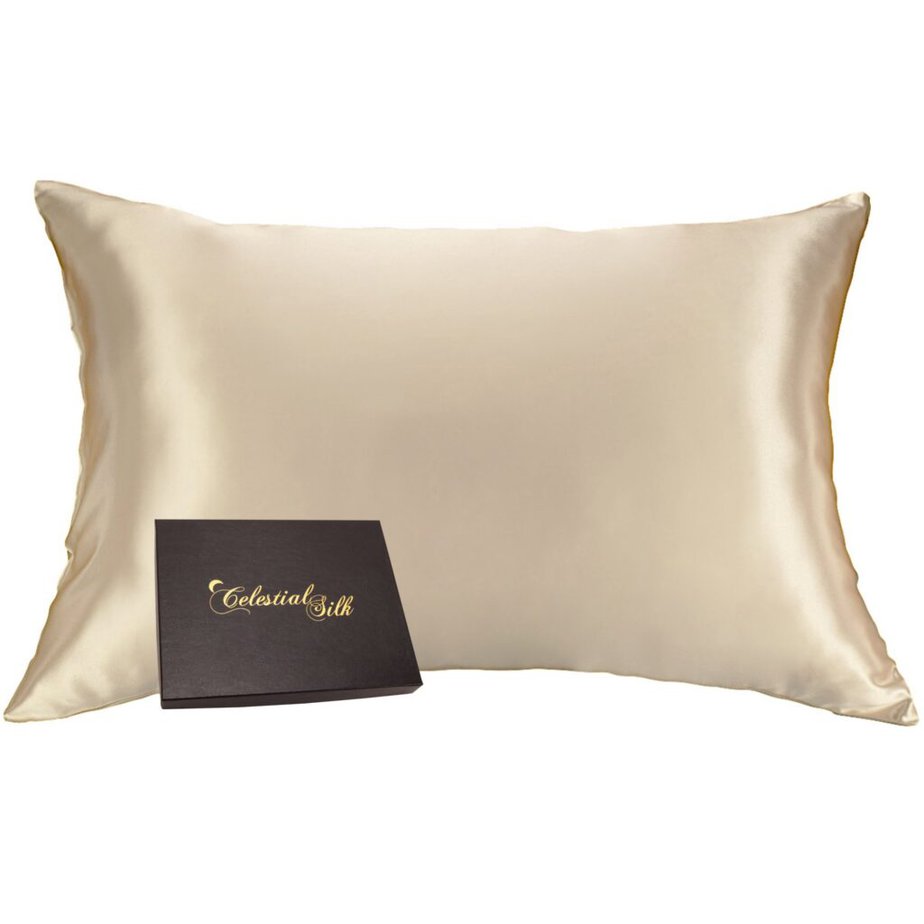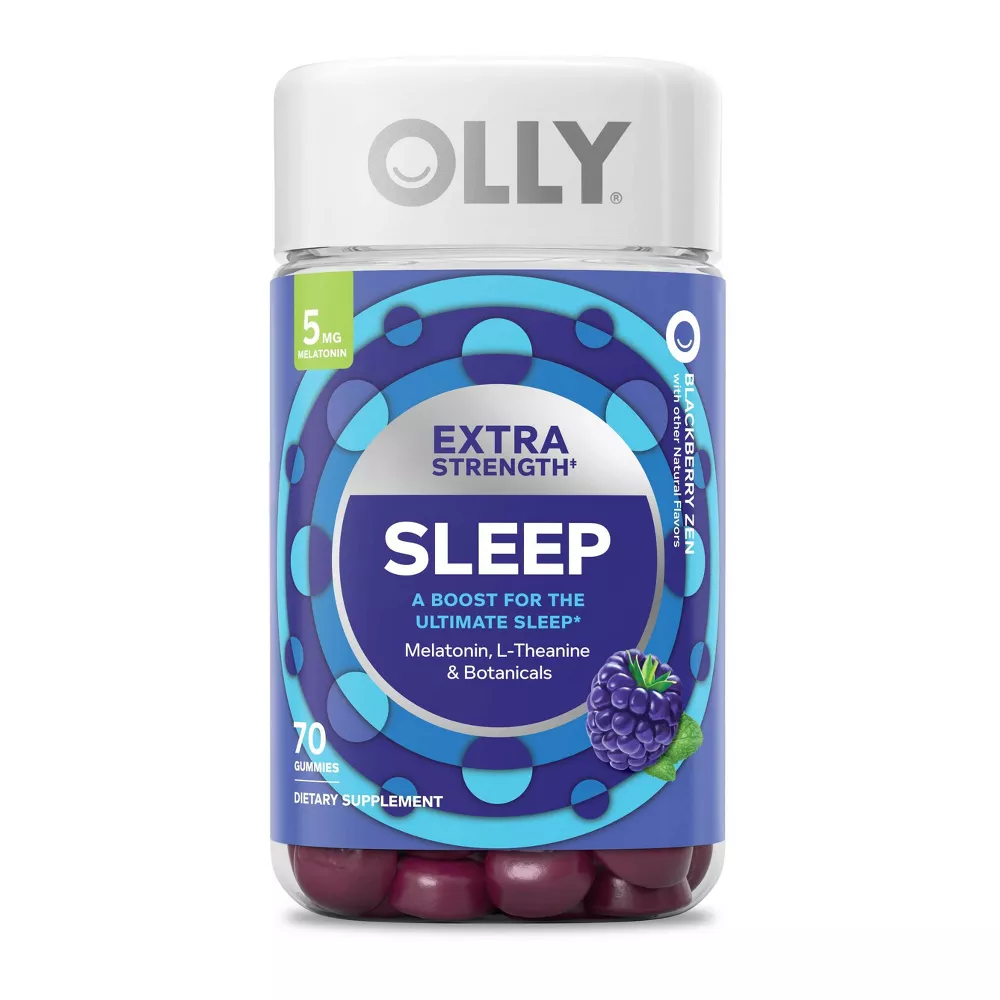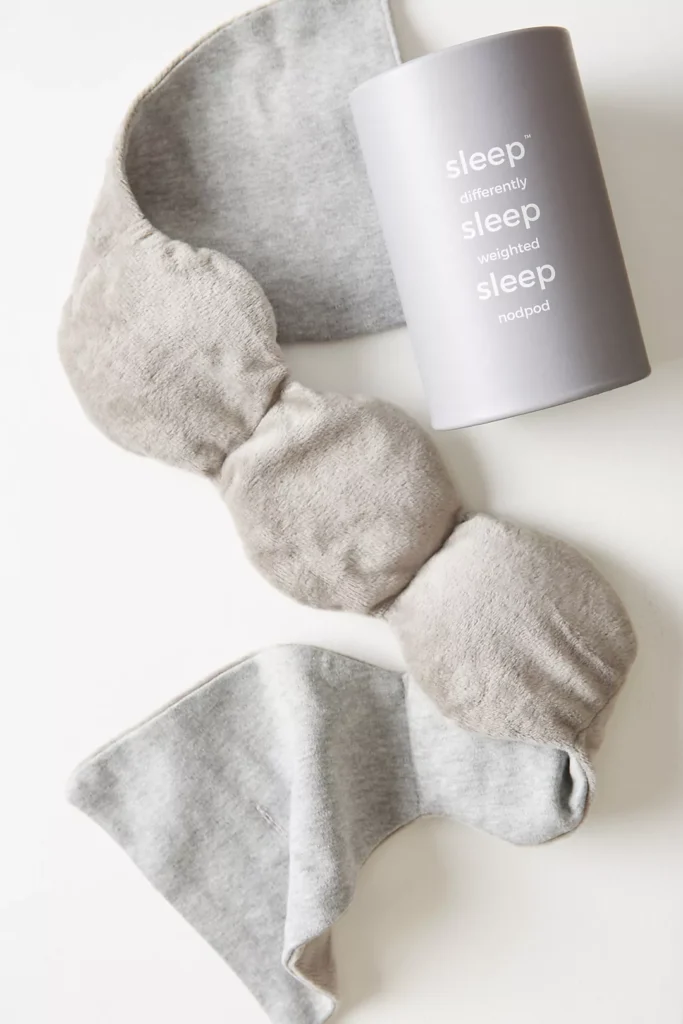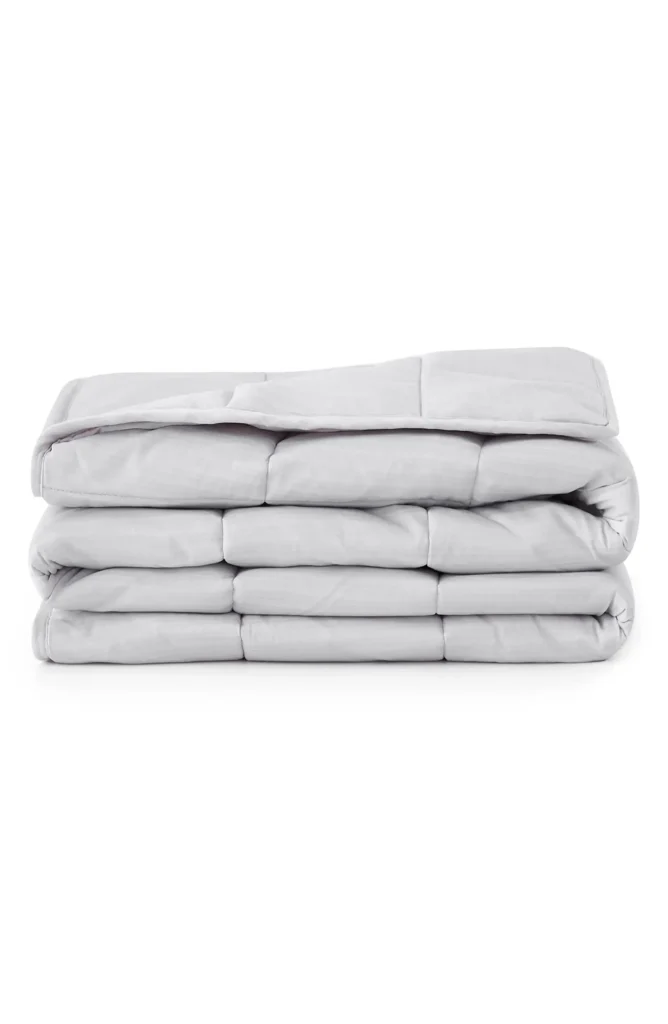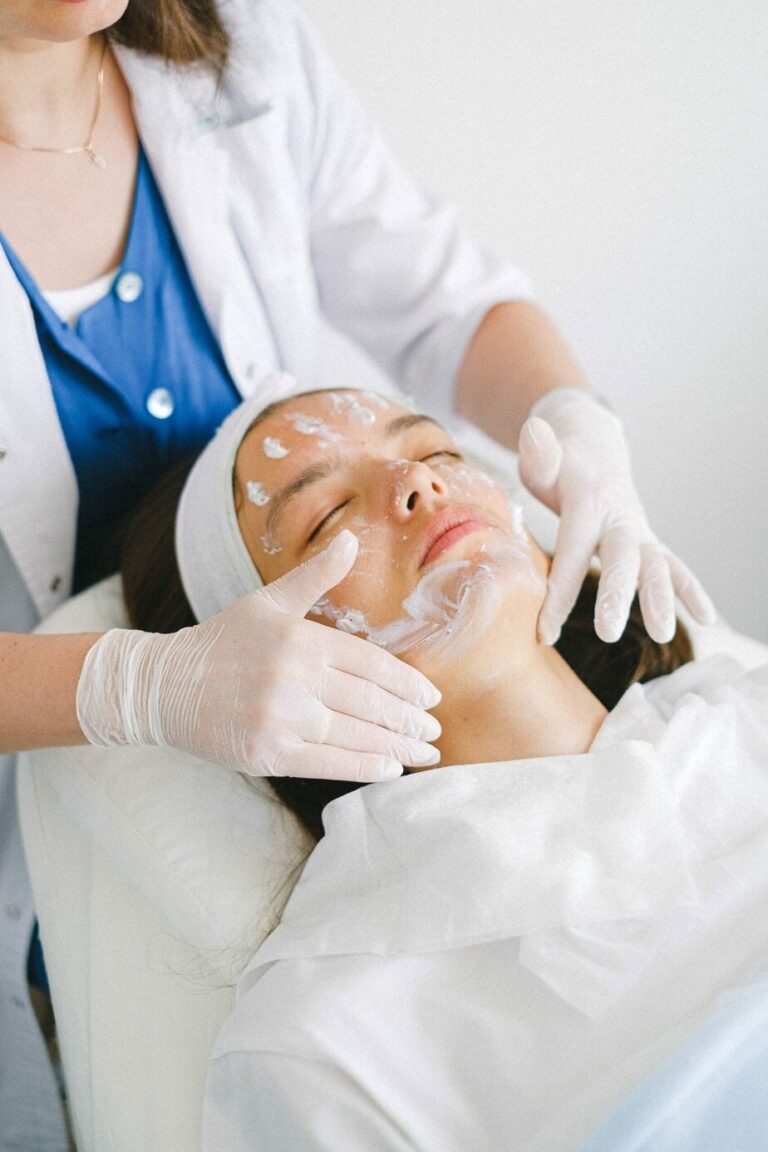Allergies Making you Lose Sleep? Here’s What you can do about it
We find out if allergies cause snoring, and what treatments can help get your sleep back to normal.

Hello, my name is Ashley and I snore.
Last year, after months of my husband waking up angry and frustrated with me, I finally decided for the sake of our marriage to book a sleep study test. If you are someone that’s been accused of snoring, today’s post is for you.
For quite some time, I had been feeling more tired than normal. After several weeks of going to sleep at a reasonable hour and still feeling exhausted, I had to take the first step and admit to myself that something deeper might be going on. Right around the same time, my husband had also been complaining more about my restlessness at night and my horrible snoring. Finally, after a week of my husband sleeping in the spare bedroom, I decided it was time to get to the bottom of my snoring problem, once and for all.
You’ll be surprised by what I found out!
Keep reading to find out if seasonal allergies cause snoring, and what treatments will help.
Do Allergies cause Snoring? What are the Treatments
What is Snoring?
First things first. What is snoring?
The sound of a snore can generally be described as one of the worst sounds in the world. Snoring is the hoarse or harsh sound that occurs when air flows past the relaxed soft tissue of your throat muscles, causing the tissues to vibrate as you breathe.
Almost everyone will snore from time to time, but some people more than others. This chronic problem can indicate a more serious health condition, not to mention the strain it can place on your day-to-day activities and even the overall wellness of your bed partner.
What Causes Snoring
The cause of your snoring may be from a number of factors, such as the anatomy of your mouth and sinuses, alcohol consumption, having a common cold, your weight, having sleep apnea, nasal obstruction, sleep-disordered breathing, allergy season, and various medical conditions.
Why a Sleep Study is a Good Idea
A good night’s sleep is imperative for many reasons, which is why I decided to take the leap and book a sleep study at a local clinic. I was confident that after performing the at-home test, I would be given a CPAP machine and be back on my way to a great night’s sleep in no time.

Did you know: Most clinics in Canada do not require a doctor’s referral in order to be tested and that most sleep studies are covered under your regular health benefits card?
What is a Sleep Study? and What to Expect
A sleep study is a test that is performed from the comfort of your own home. The clinic you are working with will provide you with a simple at-home device to diagnose you with sleep apnea. The test will measure your heart rate, blood oxygen level, airflow, and breathing pattern, all while you are sound asleep. You simply wear the gear and go to sleep as you normally would. The device is connected to a small computer that when dropped back to the clinic, will tell the medical team how you slept, for how long, and whether or not you stopped breathing.
The device was a bit weird to get used to at first, but once I had it hooked up, I continued along with my regular bedtime routine and eventually drifted off to sleep.
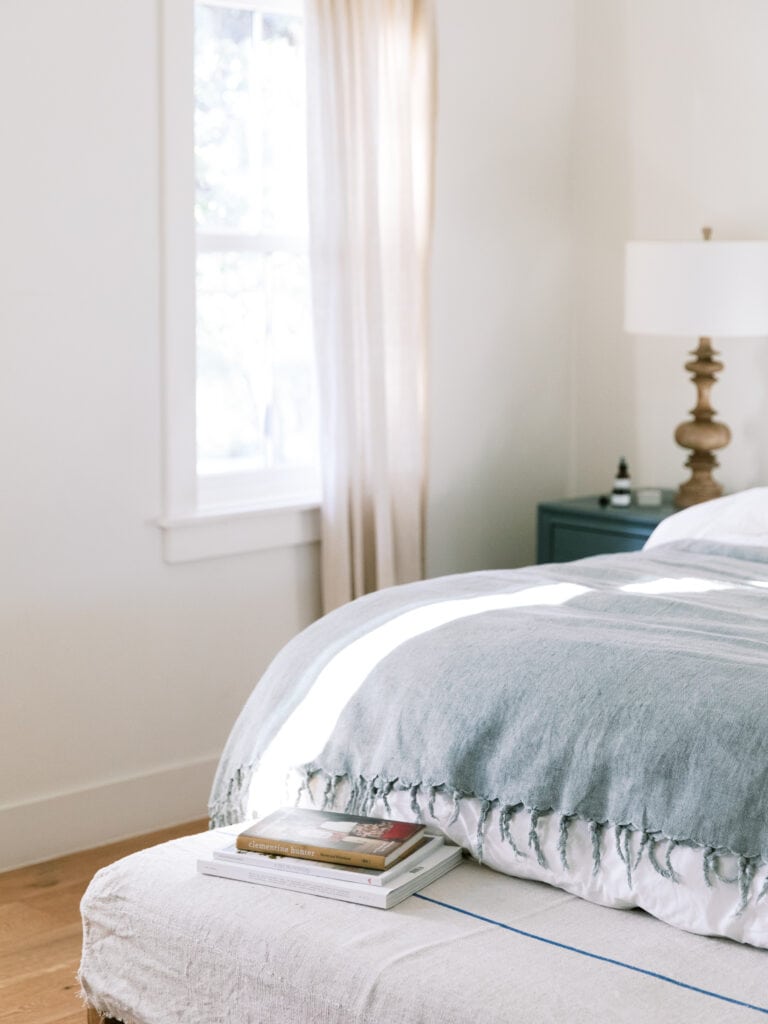
What is Sleep Apnea
Sleep Apnea is a common condition where your breathing stops and restarts many times while you sleep. This prevents your body from getting enough oxygen which can be fatal if left diagnosed. If you gasp for air while sleeping, snore incessantly, and are always exhausted, a sleep apnea test like I had is the first step! Untreated sleep apnea can cause life-altering damage, beyond snoring issues and quality of sleep.
So what do you think my results were?
You guessed it. I was just as shocked to learn that I did NOT have sleep apnea! So why was I still snoring?
After several clinician appointments to rule out items such as a sinus infection, nasal polyps, deviated septum, and weight gain, it was determined that I should actually be treated for ALLERGIES!
What are Allergies? Do Allergies Cause Snoring?
Allergies happen when your immune system reacts to a foreign substance. Your immune system produces substances called antibodies. When you have allergies, your immune system makes antibodies that identify a particular allergen as harmful, even though it isn’t.
When you come into contact with the allergen, your immune system reacts by causing nasal inflammation, a blocked airway, and upper airway constricting. The severity of an allergy will vary from person to person and can range from minor to anaphylaxis, a life-threatening emergency condition.
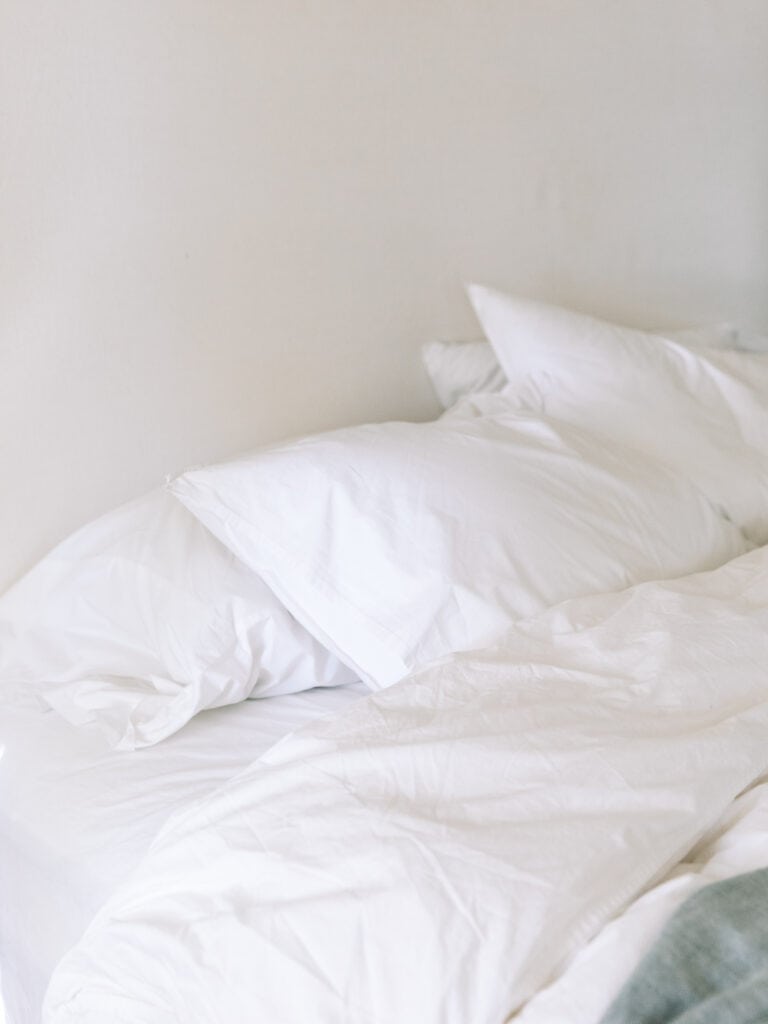
Allergies can also cause nasal congestion, sneezing, and a runny nose but did you know that allergic rhinitis can also cause frequent and loud snoring? Allergic rhinitis is actually a common but under-recognized contributor to poor sleep quality and sleep disorders.
I had no idea that when the nasal passages become blocked due to allergy symptoms, you may experience an itchy back of the throat, sleep problems, itchy eyes, watery eyes, airway obstruction, stuffy nose, daytime fatigue, and SNORING!
The next step on my wellness journey was booking a physical exam and an allergy test with a specialist. At this appointment, I would undergo skin testing or a skin prick test, where a puncture or scratch is made in the skin, and liquid containing 50+ common allergens is put onto the exposed area.
This test will immediately show signs of an allergic reaction if one is present and can almost instantly confirm whether a particular substance you touch, breathe, or eat will cause allergy symptoms.
Skin Prick Test
A skin prick test can test for the following and more:
- Hay fever (allergic rhinitis)
- Allergic asthma
- Dermatitis (eczema)
- Food allergies
- Penicillin allergy
- Bee venom allergy
- Pet dander/pet hair
Once the results of my skin prick test came back, it was now time to figure out a treatment plan that would work for me and my specific allergies.
Treatment
So, you might be wondering what some treatment methods look like for helping with allergies and snoring. Your doctor will work with you and your lifestyle to determine an effective treatment plan.
We can’t stress enough that every allergy is different and your treatment plan should be customized to your specific symptoms by a licensed physician. Your doctor will work with your medical history to help decide the best treatment plan with the least amount of risk factors. Some possible treatment plans may include:
Treatment Plans
- Allergy shots
- Prescription medications
- Healthy diet
- Weight loss
- Eliminating the cause of the allergy
- Nasal mask
- Counter antihistamines or over-the-counter allergy medications
- Nasal steroid sprays
- Wearing an oral appliance
- Adding an air purifier to the home
- Lifestyle charges
Within a short period of time of starting my treatment regimen, my quality of life quickly came back and my husband’s sleepless nights were becoming a thing of the past. My excessive daytime sleepiness was also slowly improving. My husband still tells me that occasionally I have bouts of mild snoring, but usually, that is to be blamed on a couple of glasses of wine or being significantly over-tired.
If you are someone that is suffering from always being tired even after a better night’s sleep. Or if you are someone that is told they snore, ask your doctor about allergies also if they could be the cause.

